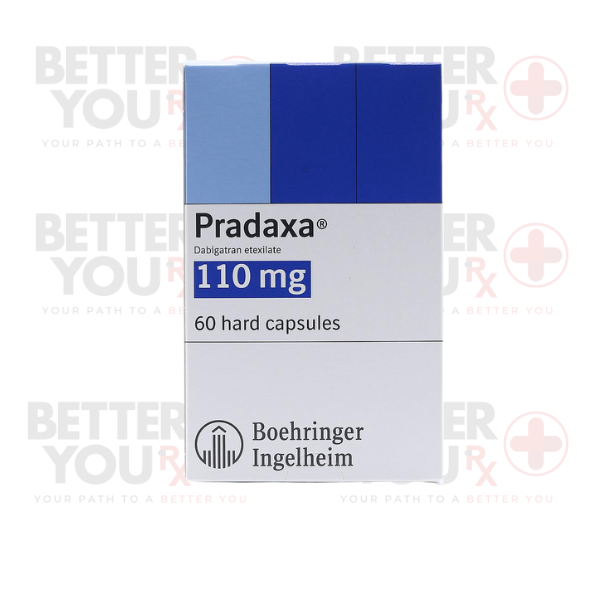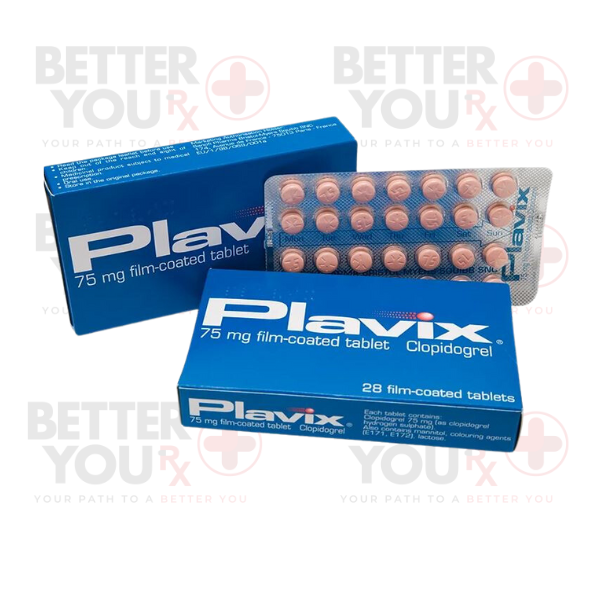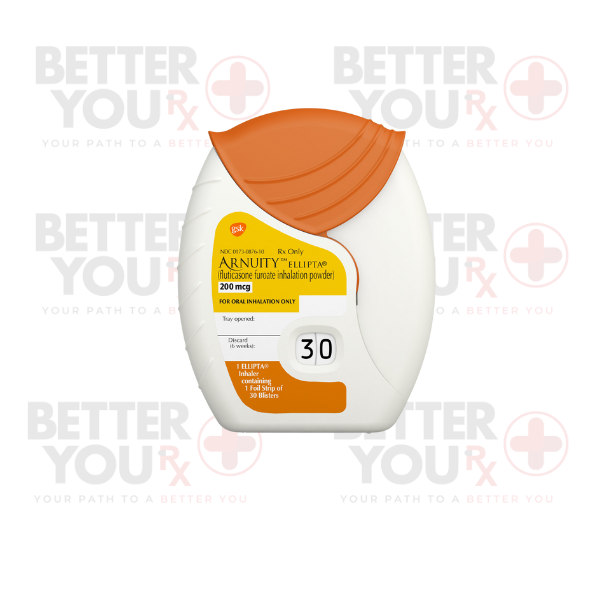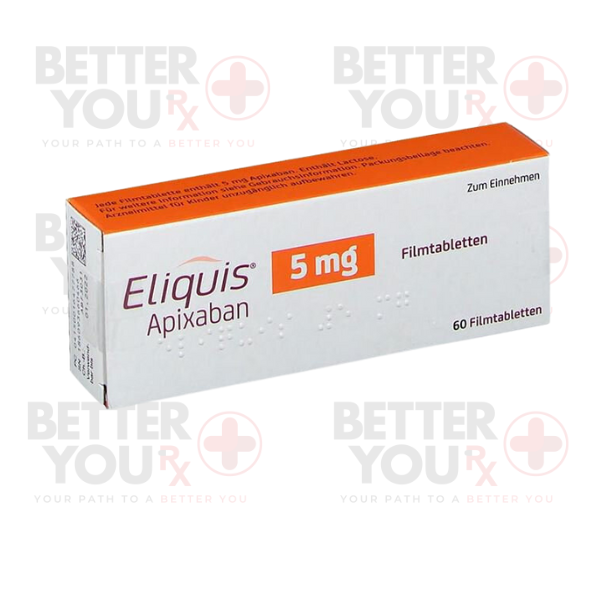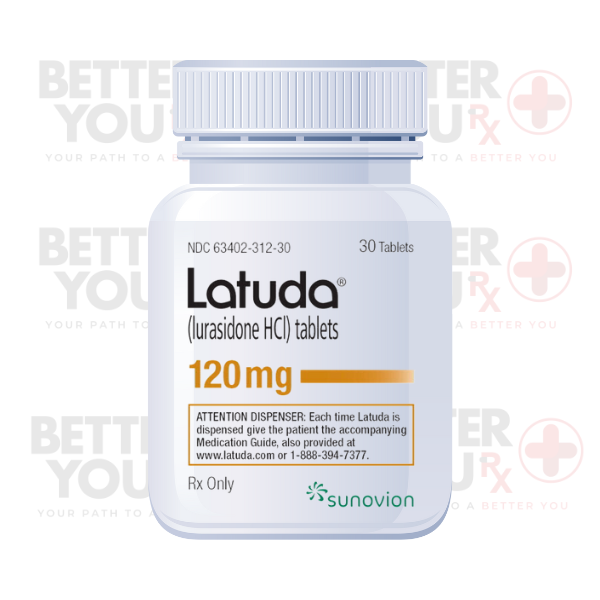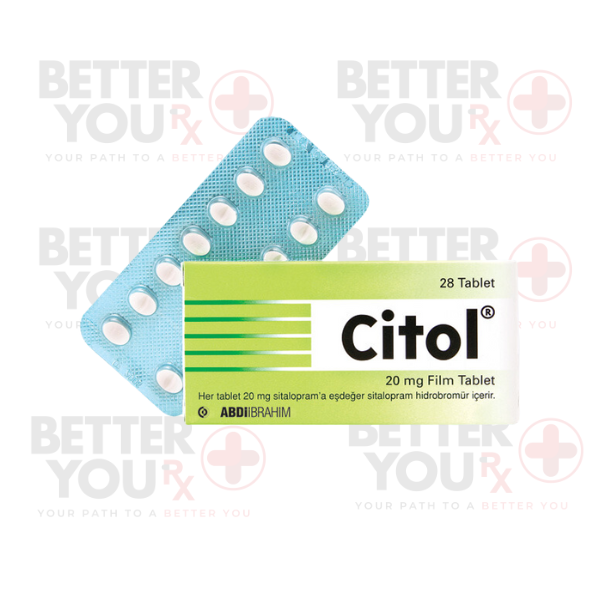| Usage |
Usage
Montelukast is available in various forms for oral administration, including tablets, chewable tablets, and granules. Typically, it is recommended to be taken once daily, with or without food. When used to manage asthma, it's recommended to take Montelukast in the evening. To prevent exercise-induced breathing difficulties, it should be taken at least 2 hours before physical activity. If you're taking Montelukast daily, there's no need for an extra dose before exercising. When used to address allergic rhinitis, it can be taken at any time of the day. Consistency is key, so aim to take Montelukast at the same time daily.
Always adhere to the instructions on your prescription label and seek clarification from your healthcare provider or pharmacist if you have any doubts. It's crucial to follow the prescribed dosage exactly as directed by your doctor. For parents administering the granules to children, it's essential not to open the foil pouch until just before the child is ready to take the medication.
When giving the granules to your child, there are various methods to choose from. You can pour all the granules directly from the packet into your child's mouth for immediate swallowing. Alternatively, you may pour the entire packet onto a clean spoon and place the spoonful of medication in your child's mouth. If preferred, you can mix the entire packet of granules with one teaspoon (5 mL) of cold or room temperature baby formula, breastmilk, applesauce, soft carrots, ice cream, or rice. Do not mix the granules with any other foods or liquids, but your child can drink any liquid immediately after consuming the granules. If you opt for mixing, make sure to use the mixtures within 15 minutes and avoid storing unused mixtures of food, formula, breast milk, and medication.
It's crucial to note that Montelukast should not be used to treat sudden asthma attacks. Your doctor will prescribe a short-acting inhaler for such emergencies. Be sure to consult your doctor on how to handle symptoms during a sudden asthma attack. If your asthma symptoms worsen or you experience asthma attacks more frequently, reach out to your doctor promptly.
For those with aspirin-exacerbated asthma, it's essential to avoid aspirin and other nonsteroidal anti-inflammatory drugs (NSAIDs) while using Montelukast. Montelukast effectively manages the symptoms of asthma and allergic rhinitis but does not provide a cure for these conditions. Even if you feel well, continue taking Montelukast as prescribed by your doctor. Never discontinue the medication without consulting your healthcare provider. For more detailed information, consider requesting a copy of the manufacturer's patient information from your pharmacist or doctor.
|
| Side Effects |
Side Effects
Montelukast has the potential to cause side effects. If you experience any of the following symptoms and find them severe or persistent, it's advisable to notify your doctor:
• Headache
• Dizziness
• Heartburn
• Stomach pain
• Tiredness
Certain side effects can be more serious, and if you encounter any of the symptoms listed below or those specified in the SPECIAL PRECAUTIONS section, it's essential to contact your doctor promptly:
• Difficulty breathing or swallowing
• Hoarseness
• Itching
• Rash
• Hives
• Fever
• Flu-like symptoms
• If you experience a sensation of pins and needles or numbness in your arms or legs, please notify your healthcare provider promptly.
• Pain and swelling of the sinuses
Montelukast may also result in other side effects not mentioned here. If you encounter any unusual problems while taking this medication, it's recommended to reach out to your doctor for guidance and evaluation. Your doctor can provide insight into managing side effects or adjust your treatment plan as necessary.
|
| Storage |
Storage
To ensure the safe storage and disposal of this medication, please adhere to the following guidelines:
• Keep this medication in its original container, securely closed, and out of the reach of children.
• Please keep this medication at room temperature, and make sure it is stored away from excessive heat and moisture.
• Dispose of any unneeded medication using appropriate methods to prevent access by pets, children, and others. Do not flush this medication down the toilet.
• Consider participating in a medicine take-back program, which is the recommended way to dispose of unused medications. You can consult your pharmacist or contact your local garbage/recycling department to inquire about available take-back programs in your community.
• It is crucial to keep all medications out of the sight and reach of children, especially since certain containers, such as weekly pill organizers or those designed for eye drops, creams, patches, and inhalers, may not be child-resistant and can be easily opened by young children. To prevent accidental poisoning, always secure safety caps and promptly store the medication in a safe location, ideally out of sight and out of reach.
|
| Special Precaution |
Special Precaution
Prior to using montelukast, please consider the following precautions:
• Inform your doctor and pharmacist about any allergies you have, especially if you are allergic to montelukast or any other medications.
• Provide a comprehensive list of your current prescription and over-the-counter medications, as well as any vitamins, supplements, or herbal products you are currently taking or intend to take. Pay special attention to medications such as gemfibrozil (Lopid), phenobarbital, and rifampin (Rifadin, Rimactane), as your doctor may need to adjust their doses or closely monitor you for potential side effects.
• Inform your doctor of any prior history of liver disease.
• Notify your doctor if you are pregnant, intend to become pregnant, or are currently breastfeeding. If you become pregnant while taking montelukast, contact your doctor.
• Be aware that montelukast might have unexpected effects on your mental health. It is important to report any of the following symptoms to your doctor promptly: agitation, aggressive behavior, anxiety, irritability, unusual dreams, hallucinations (seeing or hearing things that do not exist), depression, difficulty falling asleep or staying asleep, restlessness, sleepwalking, suicidal thoughts or actions (thoughts of harming or killing yourself, or planning or attempting to do so), or tremors (involuntary shaking of a part of the body). Your doctor will determine whether it is advisable to continue taking montelukast.
• If you have phenylketonuria (PKU), a genetic condition requiring a specific diet to prevent mental retardation, please note that the chewable tablets contain aspartame, which generates phenylalanine.
|


